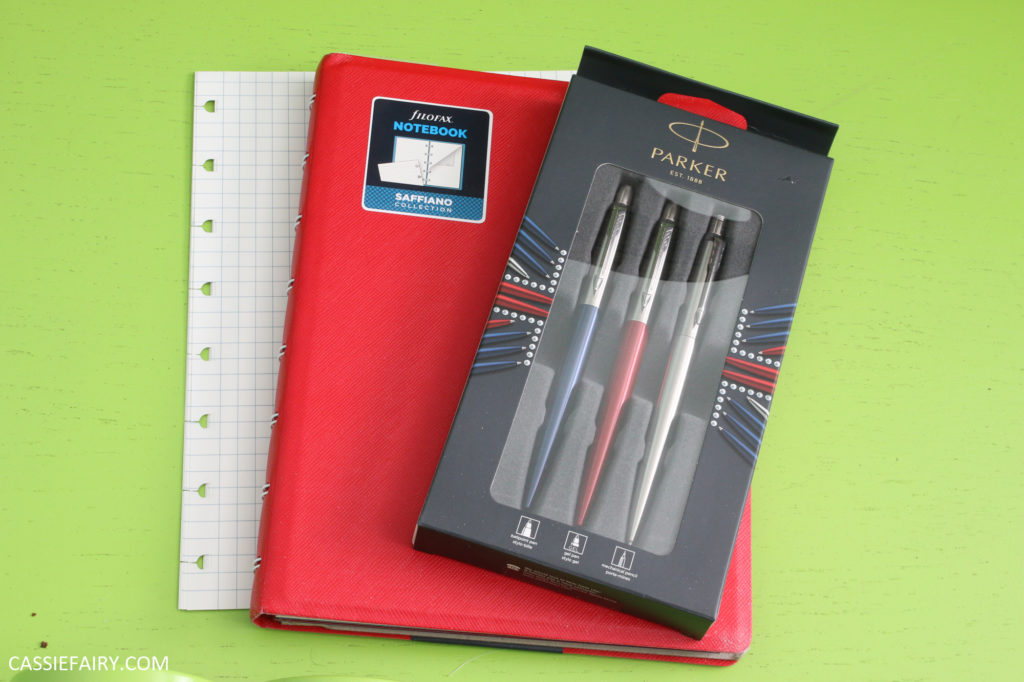
Parents and educators often face the challenge of keeping teenagers engaged and motivated in their learning, especially when it comes to studying at home. Here are some ideas for engaging your teen in a little extra learning during the summer holidays…
The traditional methods of textbooks and lectures may not always captivate the interest of our tech-savvy, fast-paced youth. However, with a bit of creativity and an understanding of modern learning techniques, we can transform the home learning experience into something both enjoyable and effective for teens.
Harness the Power of Technology
Although we like the idea of getting our teens away from screens, instead of viewing smartphones and tablets as distractions, it’s possible to use them as educational tools instead. There are so many educational apps and online platforms that can offer interactive ways to learn various subjects outside of the classroom.
Plus, you could encourage youngsters to create digital content related to their studies. They could start a blog about history topics they’re studying (while improving their research and writing skills at the same time) or make short videos explaining scientific concepts (incorporating creativity). This not only reinforces their learning but also allows them to express themselves artistically and potentially share their knowledge with their friends and help them to learn too.
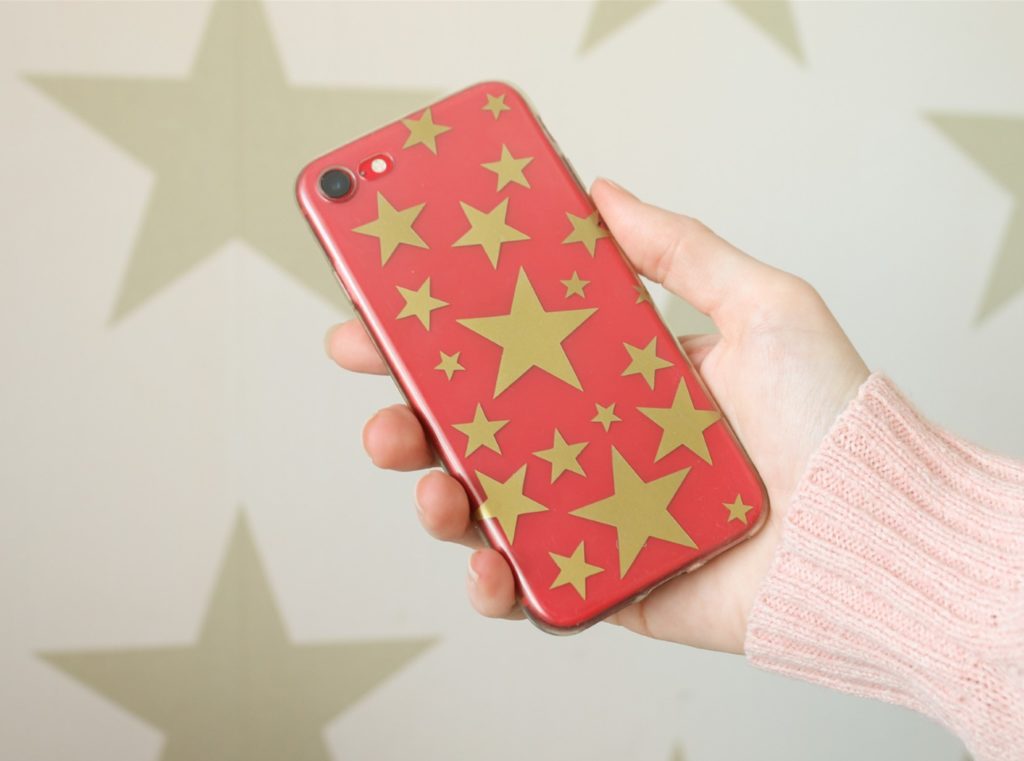
Incorporate Movement and Physical Activity
Learning doesn’t have to be a sedentary activity – even classroom teach sometimes includes interactive and physical elements. So, creating active learning games that get teens up and moving will incorporate movement while they’re studying to help make the process more enjoyable and aid information retention.
For example, when studying geography, you could set up a scavenger hunt around the house or garden with clues related to different countries or landforms – or go out for a day in the countryside or at the coast to do some extra-curricular field work. For literature, a group of teens could even act out scenes from the plays and books they’re studying, bringing characters and plots to life and making it easier to recall details of the story in the future.
Use Music and Rhythm
Music can be a powerful tool for learning and memory – I can certainly still remember a song (decades later) that we made up in music class when I was in year 9! So kids can be encouraged to create songs or raps about the topics they’re studying. A bonus is that this helps to lock facts into the memory, so it works well for subjects that require memorisation, such as historical dates or scientific formulas.
For those less musically inclined, did you know that simply playing background music during study sessions can help create a more enjoyable atmosphere? Research suggests that certain types of music, particularly classical or instrumental pieces, can enhance focus and retention.

Try Flashcards To Change Things Up
Flashcards are a time-tested study tool – we had them when I was studying in the 90s and they’re still popular today – but they don’t have to be boring. Encourage teens to create their own flashcards using colourful materials, drawings, or even digital platforms – again, incorporating creativity will help to motivate them and help them retain information.
To make flashcards more engaging, try incorporating them into games. For example, create a ‘Flashcard Relay’ where teens have to run across the room to grab a flashcard, answer it correctly, and then run back. This combines physical activity with learning, making the process more enjoyable. Online tools are available too and can really help with tricky subjects like IGCSE Biology. You can find revision guides to support IGCSE Biology study at Save My Exams. They have flashcards and past papers to help your child feel more confident when preparing for exams.
Embrace Project-Based Learning
Project-based learning can be an excellent way to make studying more engaging and relevant for teenagers. Simply memorising facts can be difficult for some, so encourage teens to apply their knowledge to real-world projects to make it more compelling
For instance, if they’re studying environmental science, they could design and implement a recycling programme for the household. For economics, they might create a mock business plan – it’s ever too soon to start thinking about what they business might want to do when they complete their studies! These projects not only reinforce academic concepts but also develop practical skills and creativity.
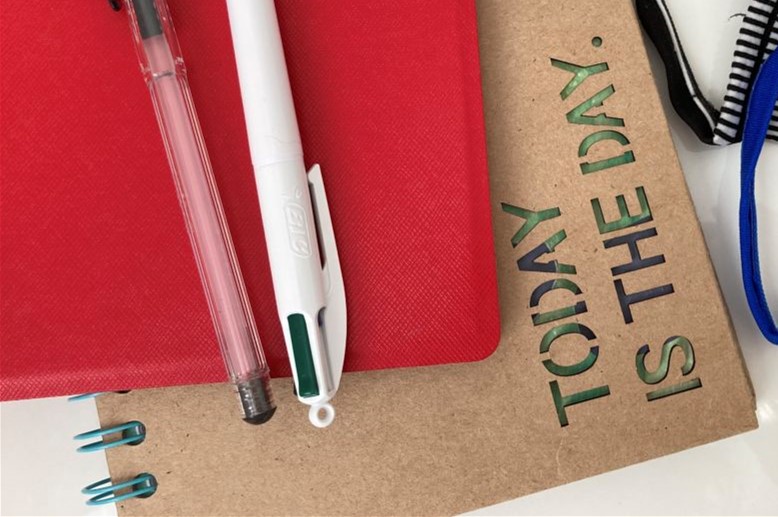
Create a Comfortable and Inspiring Study Space
Did you know that the environment in which teens study can significantly impact their enjoyment of learning? This is why it’s a good idea to work with your teenager to create a study space that’s both comfortable and inspiring. Getting kids’ bedrooms ready for back to school could involve redecorating a corner of their room – or you could even set up a dedicated study area elsewhere in the house = their own ‘office’.
If you allow them to personalise the space with posters, artwork, or motivational quotes, it’ll make them more likely to want to use the area and start studying. Ensure the desk is well-lit and that they have all necessary study materials they’ll need. Consider incorporating elements like plants or a small fish tank, which can help create a calming atmosphere and reduce stress.
Introduce Gamification Elements
Gamification can transform the learning experience by introducing elements of fun and competition. Create a points system for completing study tasks or mastering new concepts. These points could be redeemed for rewards, such as extra screen time, days out or a favourite meal.
You could also set up a ‘learning leaderboard’ if you have multiple children or if your teen wants to compete with friends. For subjects like maths or science, consider using educational board games or card games that reinforce academic concepts while providing entertainment.
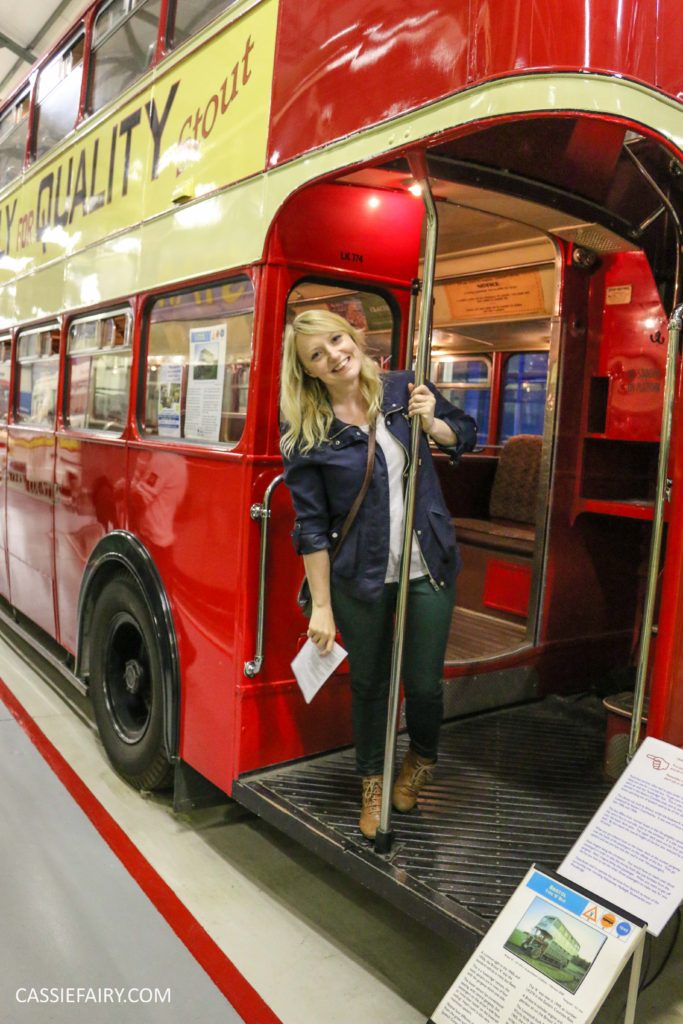
Incorporate Real-World Applications
Make learning more relevant and exciting by visiting real-world examples of the subjects teens are studying, such as visits to local historical sites or museums if they’re studying history. Even easier (and feeling like a treat activity!) they can watch film adaptations of the books they’re reading in English literature class.
In science and maths, there are many things you can do around the house to demonstrate how these subjects apply to everyday life or future careers. Cooking together can be a fun way to discuss measurements, chemical reactions and nutrition, bringing physics and chemistry concepts to life. There are easy ways to make the kitchen safe when cooking with kids no matter what their age so you can start this practical learning when they’re younger.
Celebrate Progress and Achievements
Finally, don’t forget to celebrate your teen’s learning achievements, no matter how small. This positive reinforcement can significantly boost their enjoyment of the learning process. Create a ‘wall of achievement’ where they can display good test scores, completed projects, or newly acquired skills.
Consider implementing a reward system for reaching study goals or showing consistent effort. These rewards don’t have to be material – they could be privileges like choosing the family movie for the week or having a friend over for a study session.
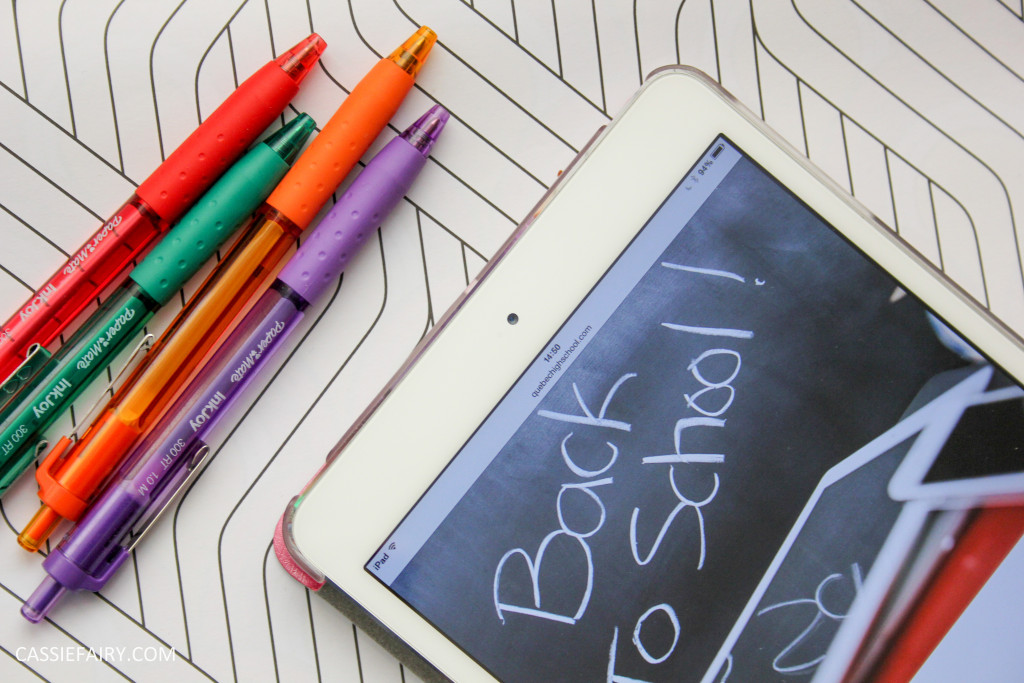
I hope these ideas will help your teen to enjoy their studies as they move into their final year of school or when they head to college. Let me know in the comments below if you’ve got any tips for encouraging extra learning outside of the classroom.
Pin it for later
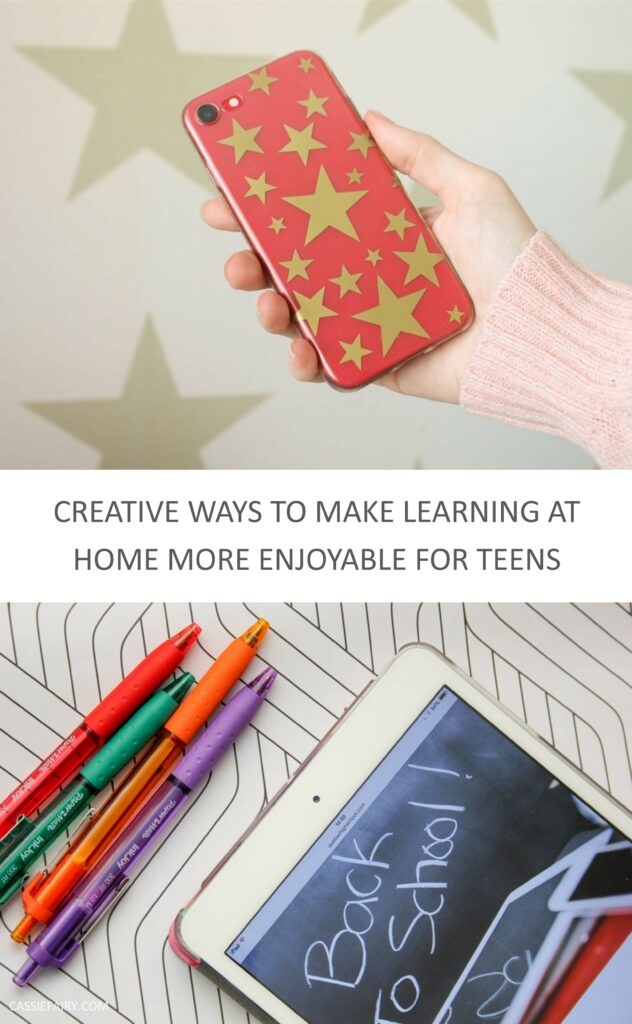
This article is a sponsored collaboration. The pink links in the content indicate a sponsored link or information source. The blog post reflects my own experience and the sponsor hasn’t had any control over my content 🙂







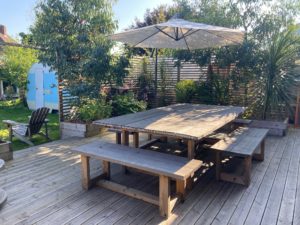

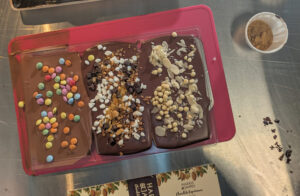

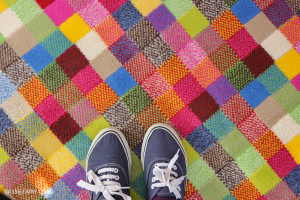
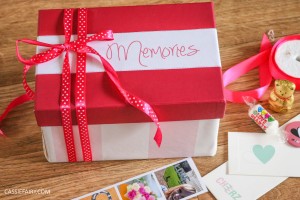


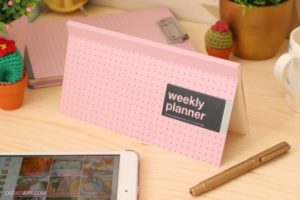


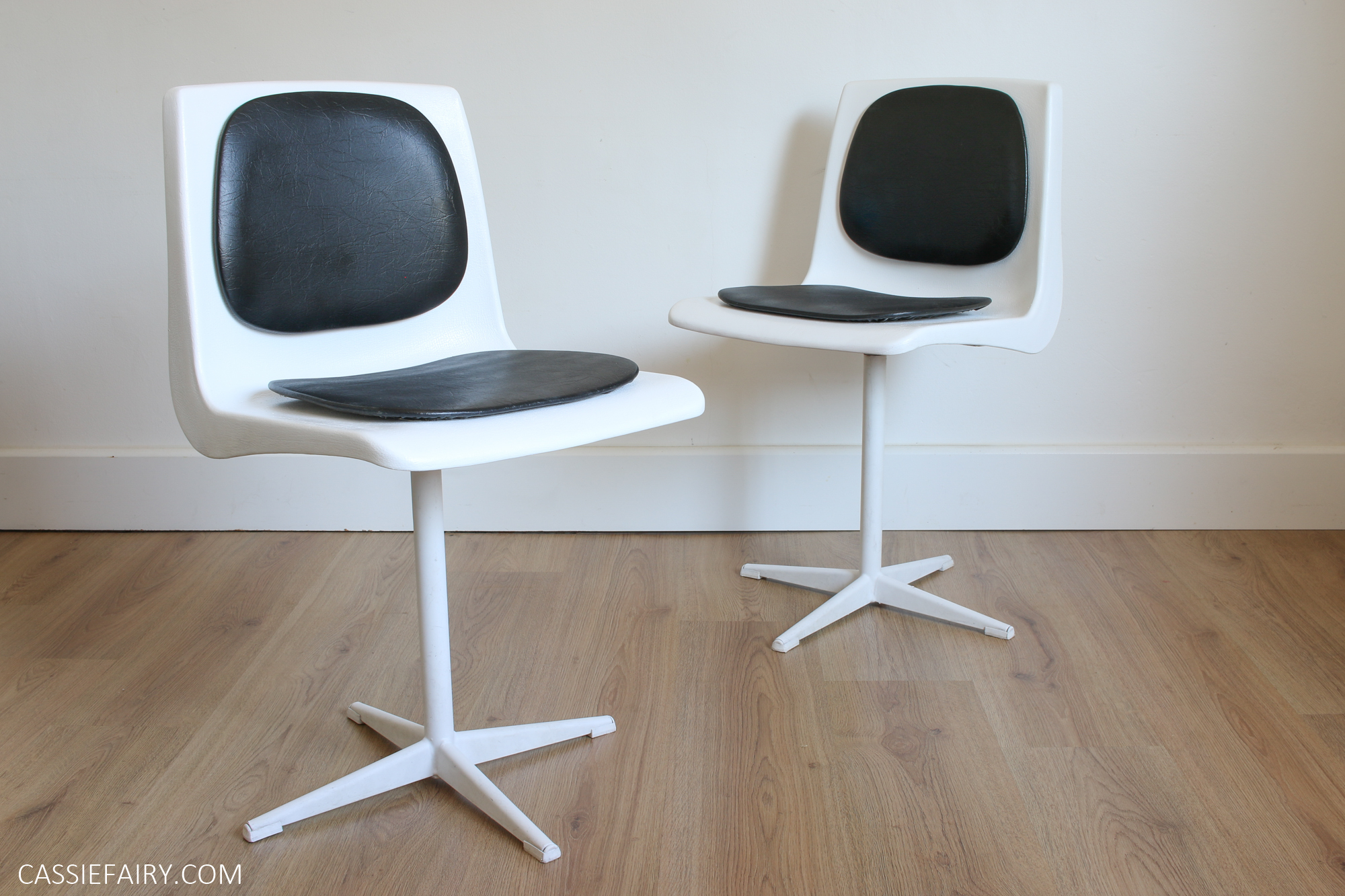

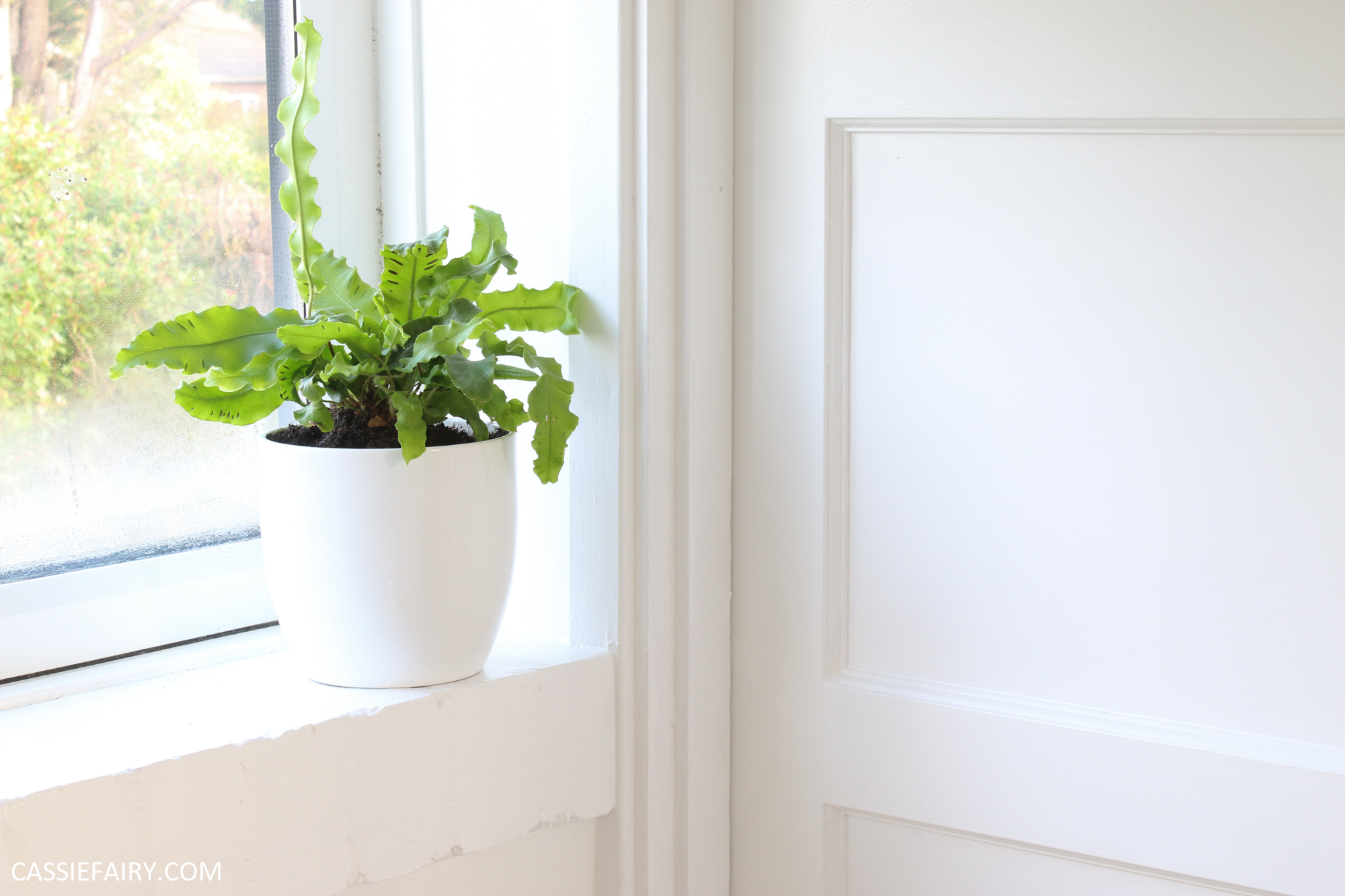
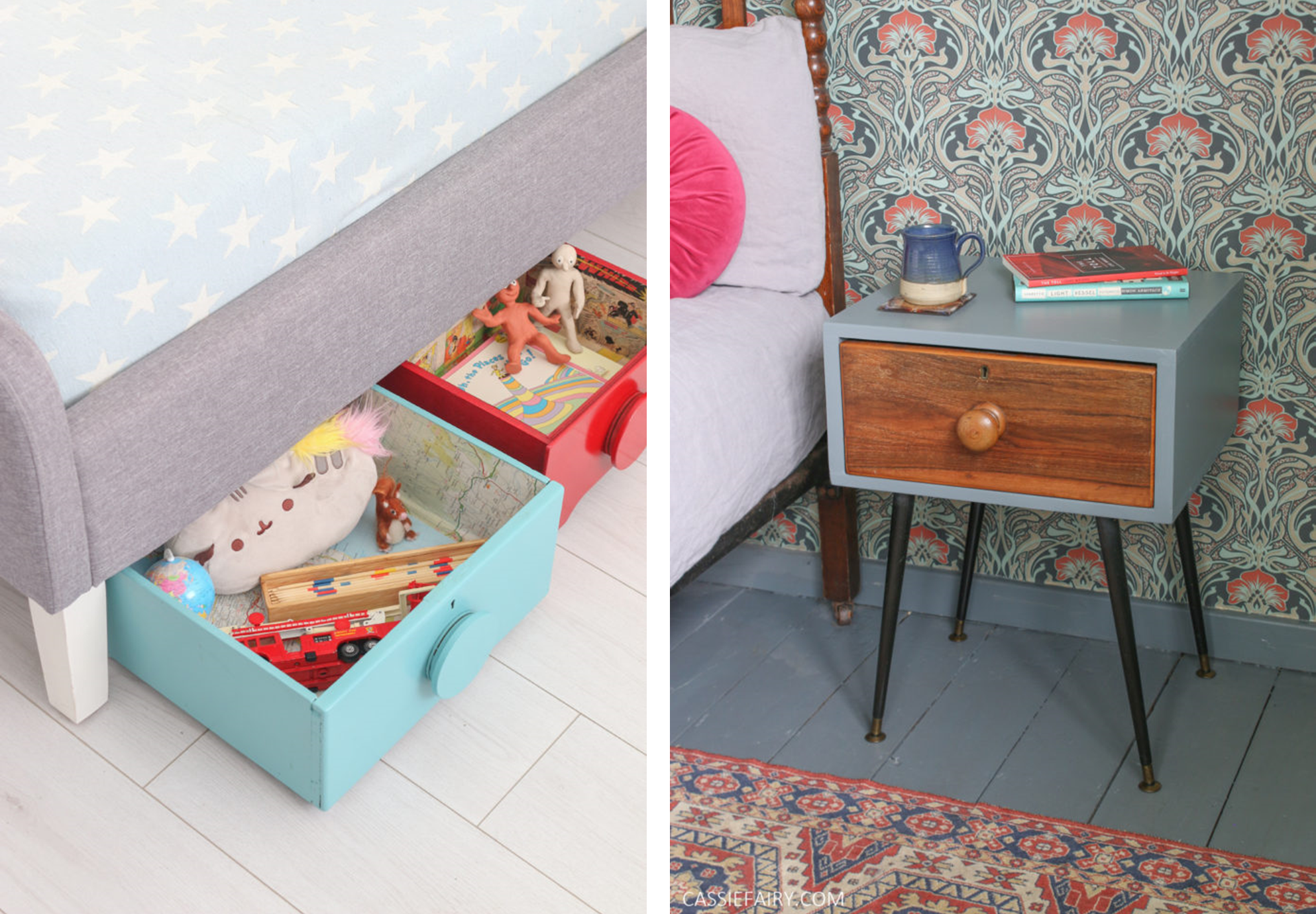

2 responses
That’s really kind, thank you1 🙂
What great ideas!